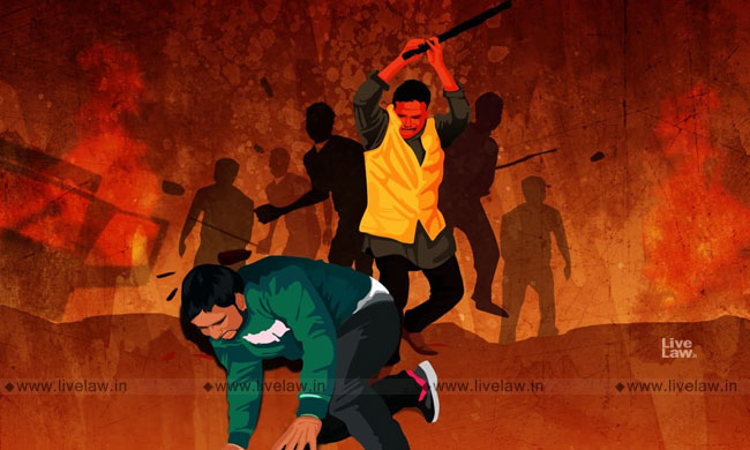'Lynching On One Pretext An Invitation To Next Lynching On Some Other Pretext' : Delhi Court Denies Bail To Members Of Lynch Mob
LIVELAW NEWS NETWORK
17 May 2021 8:38 PM IST

"The courts cannot countenance any such othering or hate and must apportion their social sensitivity and judicial time to clamp down on this crime".
Next Story


